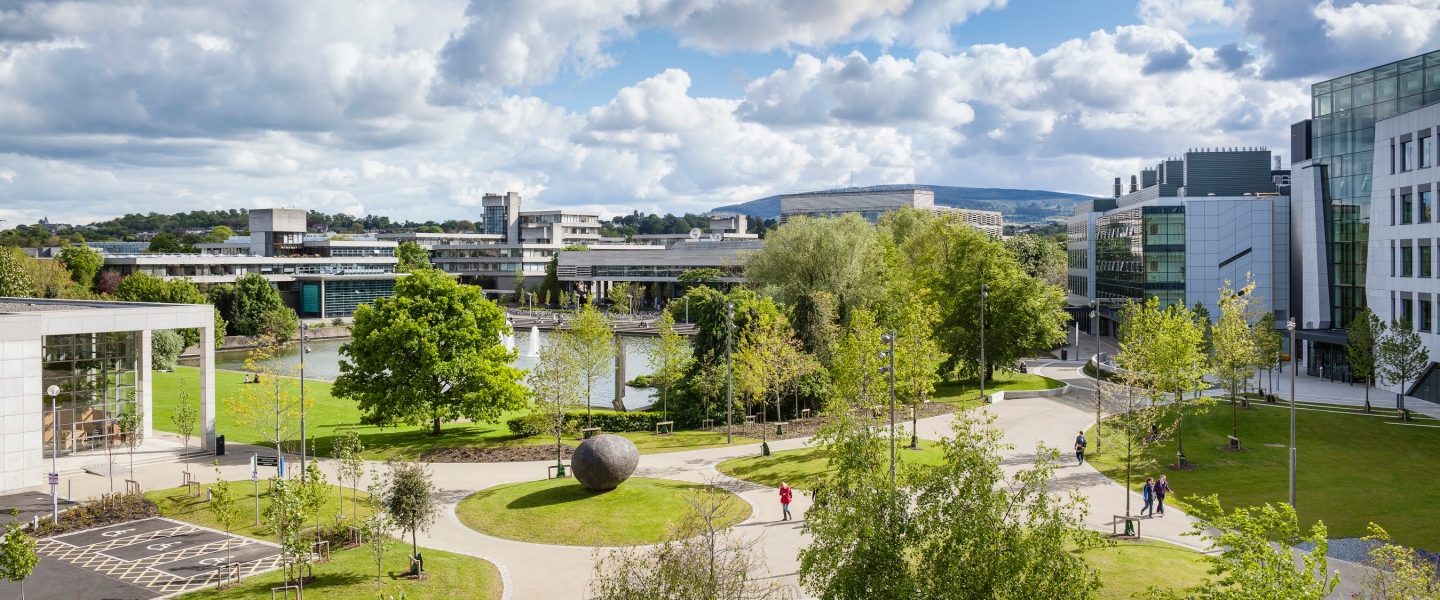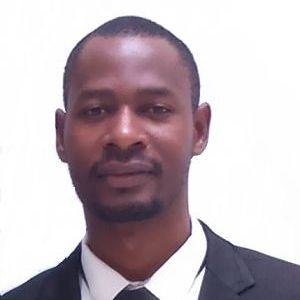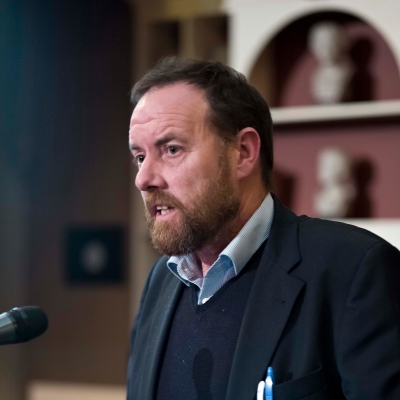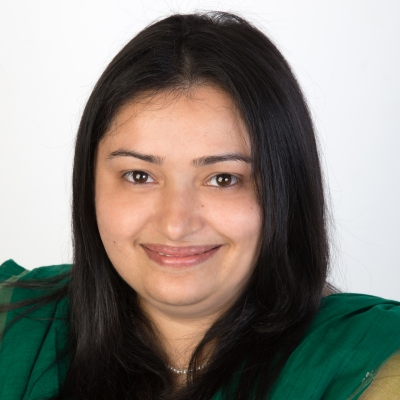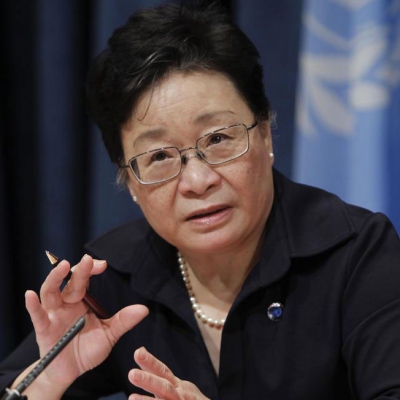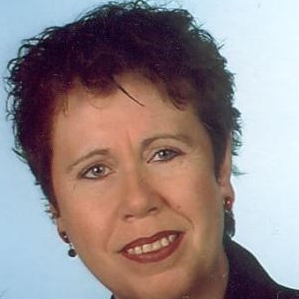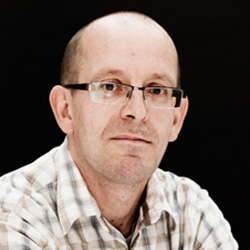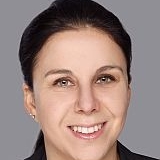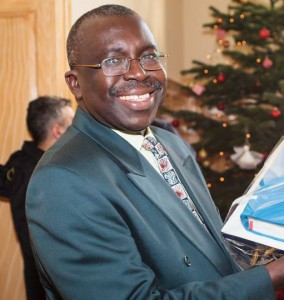The Centre for Humanitarian Action is renowned for its open-door policy and focus on student support. The NOHA Coordinator will support students where possible regarding city accommodation and the university itself has a number of supportive groups and campus institutions that may be of assistance. Ultimately, It is the responsibility of each individual student to arrange their accommodation during their studies in Dublin but some support is available. The on-campus accommodation is quite competitive. More information on this can be found on the
UCD Residences website or on that of the
UCD International Office.
ucdaccommodationpad.ie is the official UCD student accommodation search engine. It lets students search for student houses, student homes, housing, flats and lodgings in Dublin and Ireland. University College Dublin offers the site in good faith and as a courtesy to both students and local landlords. It is a third party website and UCD bears no responsibility whatsoever for the content of it.
The best rental site is
daft.ie. On the site, first select 'South City' (for most of the following locations), you can then choose a specific area. The areas closest to the UCD campus (walking distance) are D4, D6, D14 and some parts of Co. Dublin.
UCD Commuting provides detailed information about getting to UCD campus by bus, car, cycling, train, shuttle and tram. There is a shuttle bus service between UCD and Sydney Parade Dart Station that operates between the hours of 8am to 10am, and from 4pm to 6pm on weekdays. There is a charge of €1 per trip, payable to driver.

